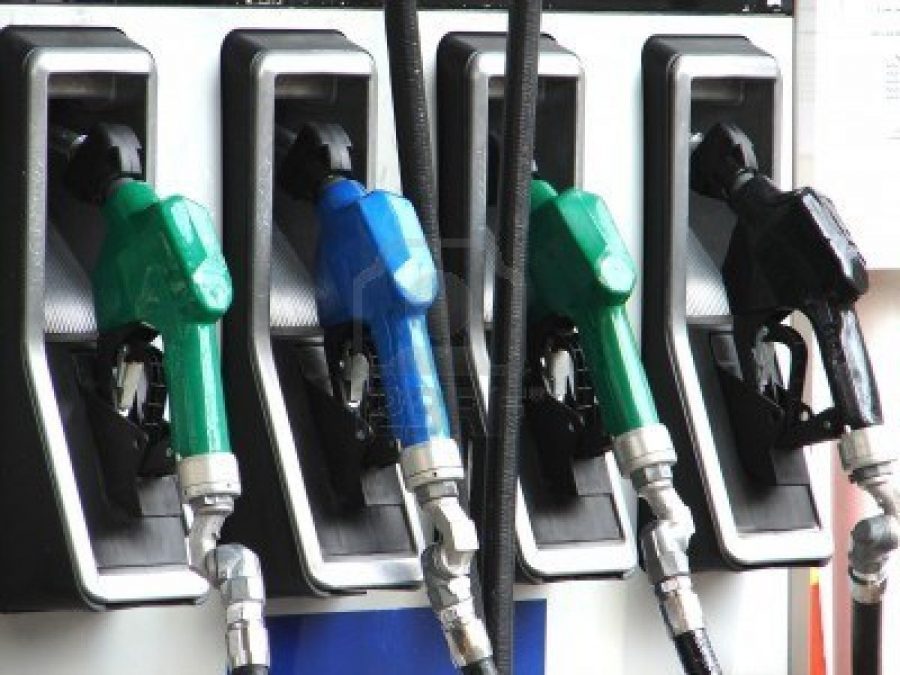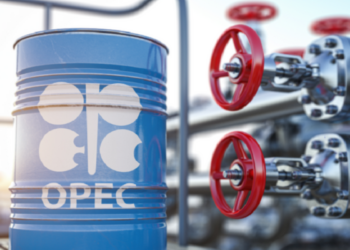After several denials about the state of the economy with numerous facts to support its continuous borrowing, the Federal Government has finally admitted that the nation is in a deep revenue problem.
According to the Director of Budget in the Ministry of Budget and National Planning, Ben Akabueze, while answering questions from participants the Strategic Dialogues on Morocco-Nigeria Relations In Abuja. He explained that the rate of Nigeria’s expenditure growth is not matched with that of its revenue, thereby, leading to the current revenue problem.
He said,
“For us in Nigeria, lately there has been a lot of talk about government’s borrowings and those who talk about it are justified to express the concern. But the truth is that I think we are generally having the wrong discussion. I personally don’t think we have a debt problem, but we have a serious revenue problem, which, if we do not address, will snowball into a debt problem.”
Nigeria’s debt to GDP ratio
Nigeria’s debt to GDP ratio has been rising gradually, since the country’s debt stock has been increasing in the past three years. Nigeria’s total debt stock stood at $73.21 billion, as the end of June 2018 from $63.81 billion as at June 30, 2015. Nigeria set out N2.01 trillion for debt servicing in the 2018 budget, thereby increasing its debt servicing to GDP ratio to 1.74%, with a budget deficit of N1.95 trillion. However, the Budget Director believes Nigeria’s debt to ratio still calls for no concern.
“But instead of having a discussion around the revenue issue, we are talking about the debt. Morocco, for instance, has a 63 per cent debt to GDP ratio; we have a 20 per cent debt to GDP ratio. Morocco has over 3.4 per cent deficit to the GDP ratio; we have a statutory cap of three per cent.”
He added,
“The real issue is that in 2017, for instance, our debt service to revenue ratio crossed 60 per cent. There are two options of a policy standpoint in trying to address the numerator, which is debt, at a time when you have huge infrastructure deficit that needs to be addressed.
But No Improvement in Infrastructure To Show For The Borrowing
While Nigeria keeps spending a reasonably percentage of her revenue to service debt yearly (especially in the last three years) and borrowing money to finance capital projects in its perpetual budget deficits; there are no visible railways, roads, airports, hospital and other critical infrastructures to show for the increasing budget deficits and high debt servicing costs.
Why Increase in Oil Price is Not Increasing Revenue
Though, the crude oil price has been rising since the beginning of 2018 and the Brent Crude, which the Nigeria’s oil is priced recently climbed $80 per barrel, however, this increment in Nigeria’s biggest revenue earner has not translated to corresponding growth in its revenue.
According to the Director, this was not unconnected with the fact that Nigeria was spending more to import virtually all the refined products from crude oil i.e. petrol, diesel and kerosene.
He explained:
“On oil price, for us it is a double-edged sword unfortunately. This ought to be a season where we should be clicking glasses with regards to the oil price. But right now, practically every drop of refined petroleum product that we consume in the country is imported. And the one single factor that determines the price of refined product is the price of crude.”
Akabueze went on to add that while Nigeria export its rude oil at about $80 per barrel, it effectively import the same crude back at about $100 price for refined petroleum products. He also explained that despite the strong oil prices, Nigeria is not seeing a corresponding growth in her revenue generation.
Subsidy is Also Dragging Down Nigeria’s Revenue
For every litre of Premium Motor Spirit (petrol) consumed in Nigeria, Akabueze confirmed that the nation spends N55 to subsidise the fuel through the Nigerian National Petroleum Corporation (NNPC), explaining that it is one of the reason for the revenue shortage the country is currently facing. He added:
“Also at the moment, in terms of pricing of petroleum products, for every litre of petrol, there is a N53 under-recovery. Well, that is the term that the NNPC, which has this responsibility, calls it and so who am I? This represents a significant value for us. Hence, the need to diversify the economy remains urgent.”























